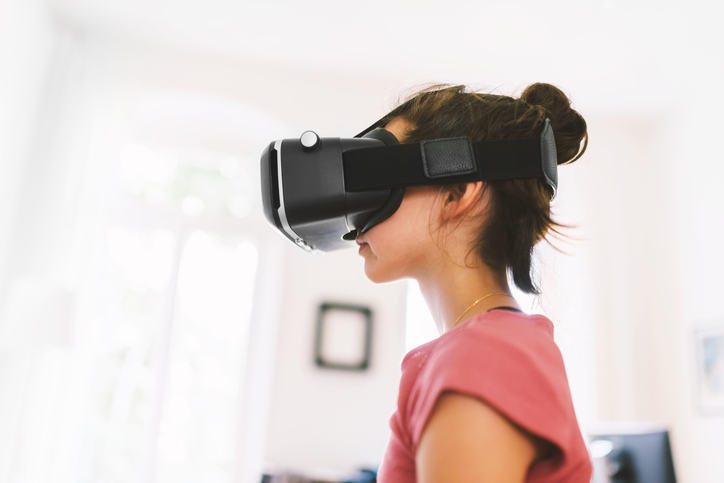The healthcare IT industry has gone through a dramatic change over the last few years. While much of it is attributable to the government’s relentless support and backing of EHR adoption, the uptake and reception by medical practitioners has been far more encouraging than anticipated.
Physicians are not in any way the technological pariahs they are made out to be. In fact, the growth we are witnessing today is a fair reflection of the demand that exists for health IT solutions. The persistent change and cumbersome requirements of the healthcare sector instills the need for constant innovation, which is why today we see mobile applications being able to measure and record vitals or EHRs that support voice recognition and dictation.
“Physicians don’t dislike technology. I have multiple health apps on my mobile and my husband documents his patients on a tablet.” says a dental practice manager.

With the Rise of AI, What IP Disputes in Healthcare Are Likely to Emerge?
Munck Wilson Mandala Partner Greg Howison shared his perspective on some of the legal ramifications around AI, IP, connected devices and the data they generate, in response to emailed questions.
The workflow intricacies along with the substance of information require efficient and translucent systems. Innovations such as the EHR clinical decision support system are prime examples of sophisticated intelligence systems being developed today.
“EHRs are definitely helping, the whole process of going through each hoop helps me cover all bases, I feel more confident in consultations.” says a therapist.
We have also witnessed EHR vendors move towards customizable user centric solutions. Today, most EHR vendors provide specialty specific templates that help physicians enhance their documentation process while simplifying workflow and ensuring compliance with best practice standards.
However, when we talk about the health IT industry, medical professionals are not the only consumers. The world of healthcare realizes the importance of connected care and hence the end user has an integral role in shaping the future of a more efficient and effective healthcare system. Developments such as Patient Portals allow patients to stay connected with various practices, and further developments are likely to bring more cost savings. Health Information Exchange (HIE) is another example of interoperable healthcare networks designed to improve quality of care and medical response.
The health IT industry may have lagged behind other industries with regards to information digitization, but as it starts to gain momentum the development in health IT is likely to set new benchmarks for technological advancements. With concepts such as remote healthcare centers being deemed plausible today, health IT can surely transform the world of healthcare as we know it today.














